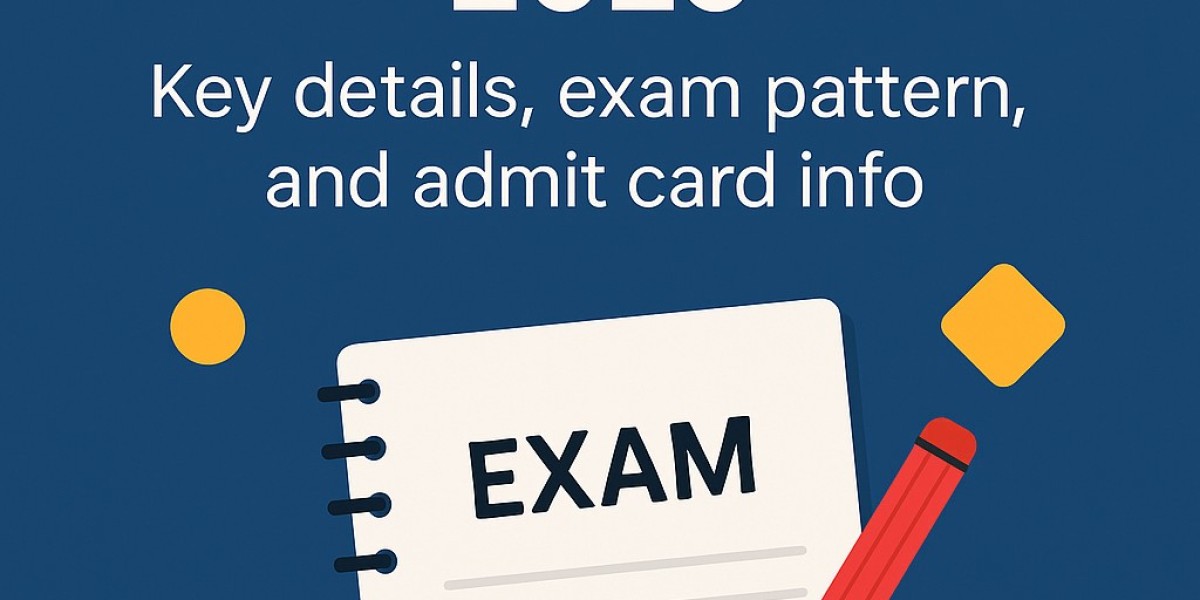Preparing for the JEE Advanced exam is a journey filled with dedication, pressure, and endless problem-solving. With intense competition and limited seats at the IITs, every mark counts. Yet, even the most talented students can fall short due to avoidable mistakes.
Whether you’re in Class 12, dropping a year, or a parent guiding your child, understanding these common pitfalls can make a big difference. In this blog, we’ll explore the top mistakes students make during JEE Advanced preparation, and how to overcome them for a smoother, smarter study path.
Starting late or without a plan
One of the biggest mistakes students make is starting their preparation too late or studying without a structured plan.
Many students begin seriously preparing only after JEE Main, which doesn’t leave enough time.
Some students dive into chapters randomly without prioritizing topics based on weightage or difficulty.
What to do:
Start early, ideally in Class 11, and follow a realistic timetable that covers the entire syllabus while allowing revision and mock tests. Use monthly and weekly goals to track your progress.
Ignoring the syllabus and exam pattern
Students often treat JEE Main and Advanced as the same, but they differ significantly in terms of difficulty and question style.
JEE Advanced includes complex, multi-conceptual questions and assertion-reason type formats.
Not knowing the pattern can lead to poor time management during the test.
What to do:
Download and study the official syllabus. Understand the marking scheme, number of questions, and types of problems expected. This helps you prepare more efficiently.
Not solving enough mock tests and previous year papers
No matter how well you understand the concepts, without practice, your chances of scoring well reduce.
Many students postpone mock tests until the last few weeks.
Others take tests but never review their mistakes.
What to do:
Solve at least one full-length mock test every week once you're halfway through your syllabus. After each test, analyze where you lost marks—whether due to speed, accuracy, or concept gaps.
Skipping revision and formula review
A common but costly mistake is underestimating the power of revision.
Students often focus only on learning new topics and ignore revising what they’ve studied earlier.
This leads to forgetfulness and poor retention during the actual exam.
What to do:
Revise every subject at least three times before the exam. Maintain a notebook of important formulas, shortcuts, and exceptions. Review it weekly.
Studying from too many resources
While it’s tempting to refer to multiple books, it often leads to confusion and lack of clarity.
Students switch between books and YouTube channels without mastering one.
They feel overwhelmed by conflicting strategies or advanced problems too early.
What to do:
Stick to 1–2 trusted sources per subject. Use NCERT as a base, and choose reliable books like H.C. Verma for Physics, O.P. Tandon for Chemistry, and Cengage or Arihant for Maths.
Neglecting weaker subjects or topics
Many students focus too much on their favorite subject and ignore the one they find hard.
This creates an imbalance that lowers their overall score.
For example, scoring 70 in Physics but just 20 in Chemistry can reduce your IIT rank.
What to do:
Identify weak areas early and allocate extra time to strengthen them. Use topic-wise tests to improve gradually and avoid blind spots.
Avoiding help or expert guidance
Preparation doesn’t mean isolation. Many students try to figure out everything themselves, even when stuck.
This leads to wasted time and incomplete understanding.
Some students avoid expert advice or structured JEE Advanced preparation plans due to overconfidence or shyness.
What to do:
Ask questions. Discuss problems with peers, mentors, or teachers. Don’t hesitate to attend webinars or join forums to stay informed and motivated.
Poor time management during the exam
Your preparation might be solid, but if you can’t manage time on exam day, your score will suffer.
Some students get stuck on one difficult question and lose time for the rest.
Others rush through and make silly calculation errors.
What to do:
Use mock tests to simulate exam conditions. Practice switching sections and skipping tough questions to come back later. Learn to stay calm and focused under pressure.
Comparing with others or losing confidence
It's easy to feel demotivated seeing others perform better in coaching tests or mocks.
Constant comparison creates anxiety and self-doubt.
This can derail your focus and ruin your long-term performance.
What to do:
Remember that everyone learns at their own pace. Track your own progress, not others’. If needed, take breaks to recharge mentally. Focus on consistent effort rather than instant results.
Overlooking physical and mental health
The pressure of preparing for JEE often makes students sacrifice sleep, meals, and hobbies.
This leads to burnout, poor memory, and low concentration.
Parents also sometimes unknowingly add pressure instead of support.
What to do:
Get 6–8 hours of sleep, eat balanced meals, and take short breaks. Exercise or meditate for 15–20 minutes daily to boost brain function. A healthy mind performs better.
Ignoring the counselling phase
Many students don’t pay attention to the counselling process after the exam, assuming the hard part is over.
They miss deadlines or make rushed decisions without understanding the system.
Poor choice filling can result in losing out on better options.
What to do:
Follow the official JEE Advanced counselling updates carefully. Research the institutes, courses, and cutoffs. Plan your choices strategically based on your rank and interests.
Conclusion: give your preparation the edge it needs
Cracking the JEE Advanced exam isn’t just about solving tough questions—it’s about building the right habits, using time wisely, and avoiding these common traps.
Stay focused, be consistent, and trust your process. Use every mistake as a stepping stone to improvement. And most importantly, don’t neglect updates like the JEE Advanced exam date or counselling details.








